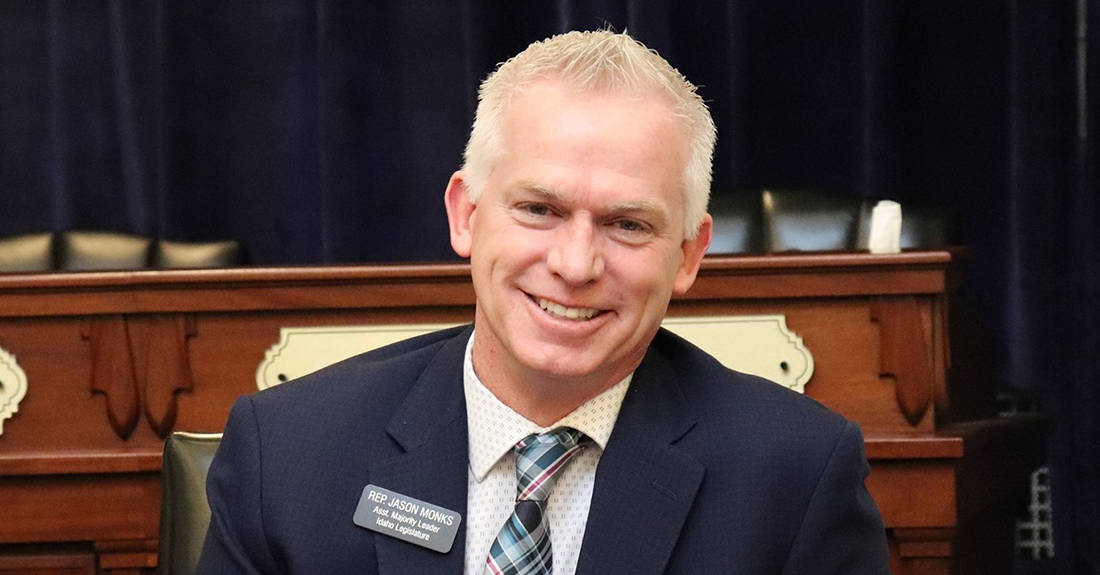


Idaho House Assistant Majority Leader Jason Monks wrote a column recently identifying three bills he believes the Idaho Freedom Foundation got wrong in its analysis of the 2022 legislative session. We analyzed close to 300 bills for our Idaho Freedom Index, which measures whether a bill would expand government or not.
Monks first pointed to House Bill 690, which he introduced, as an example of a bill we wrongly analyzed. From Monks’ perspective, it would have helped lower local property taxes by using surplus state revenues to help pay down debt accrued by city and county governments.
Monks says this bill is a conservative proposition. On the tax-lowering component of the bill, he’s correct. But it would necessarily require all state taxpayers to pay off debts accrued by residents in certain counties. So taxpayers in say rural Jerome would be bailing out urban areas like Boise. That’s not conservative. Nor is it conservative to pay down debt in order to make room for more local government spending, which is an undeniable possible outcome of Monks’ well-intentioned bill.
Next, Monks took issue with our analysis of House Bill 548, which he said sets up “a system to ensure that people can’t cheat by obtaining homeowners’ exemptions” improperly.” That’s all well and good in theory. But this particular legislation would require county officials to launch an official investigation into every taxpayer who tries to claim a homeowner’s exemption, with the results of the investigation kept in a secret government database accessible only by government.
The contents of the database, the type of data acquired, and the duration it is held are not spelled out in the legislation, and this raises major privacy concerns as well as concerns over abuse of such records, as has been the case with many other government databases.
Incidentally, this is one of those “state government” mandates that counties love to complain about. In time, it will no doubt cause local officials to demand more money to execute.
Finally, Monks applauds the passage of House Bill 443, which allows teachers to join the state insurance plan. This bill will cost Idaho taxpayers $1 billion over 10 years. Monks says he agrees with our analysis of the legislation, that it is an expensive proposition that grows government. But he voted for it anyway because he believes compelling taxpayers to fund teacher health insurance is part of the state’s constitutional obligation to fund education.
That’s an arguable point. What is not arguable is that it grows government, which is what our analysis looked at.
In all, Monks voiced disagreement with about 1% of the legislation we reviewed. That’s why the Freedom Index works so well. It allows lawmakers to, from time to time, vote for bigger government and still retain a high Freedom Index score if they only do so occasionally. The Freedom Index, in aggregate, allows lawmakers and Idaho residents to see if their lawmakers have a propensity to support bigger government over many bills cast during the course of a legislative session.
Just as one might not expect to agree with a spouse or a friend or a relative all the time, some people will agree or disagree with our analyses, and that’s perfectly fine. Some people are more interested in a bill’s intended outcome than they are in possible unintended consequences on freedom. Our job is to merely try to point out what a bill does relative to the size and scope of government and if it makes Idahoans more free at the end of the day.


